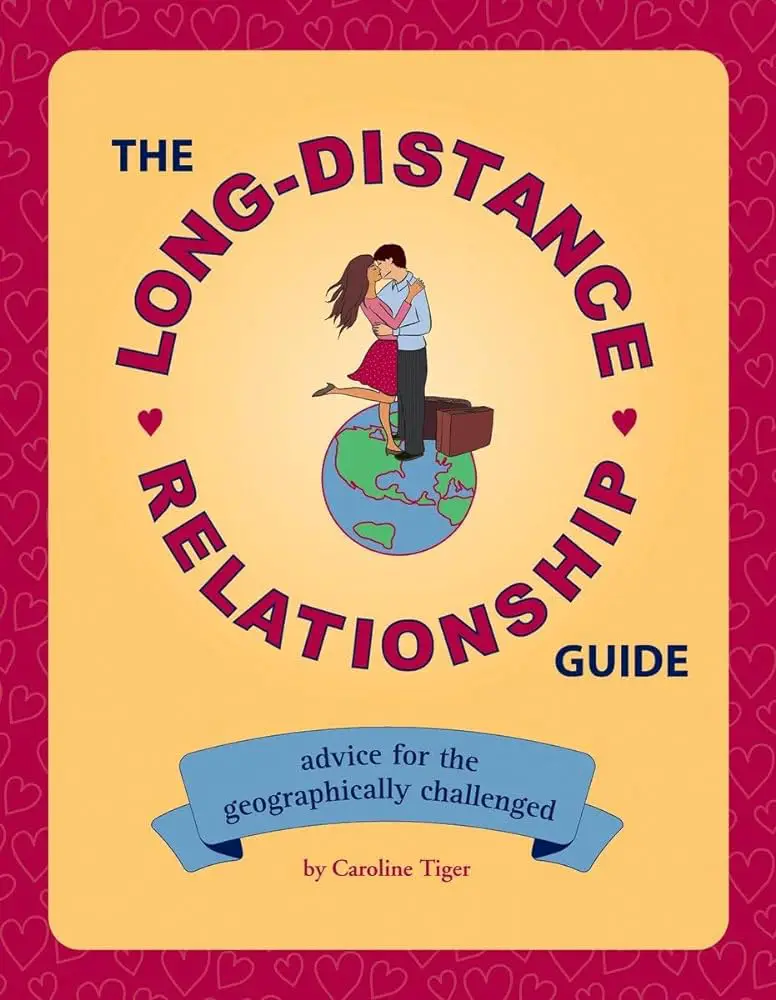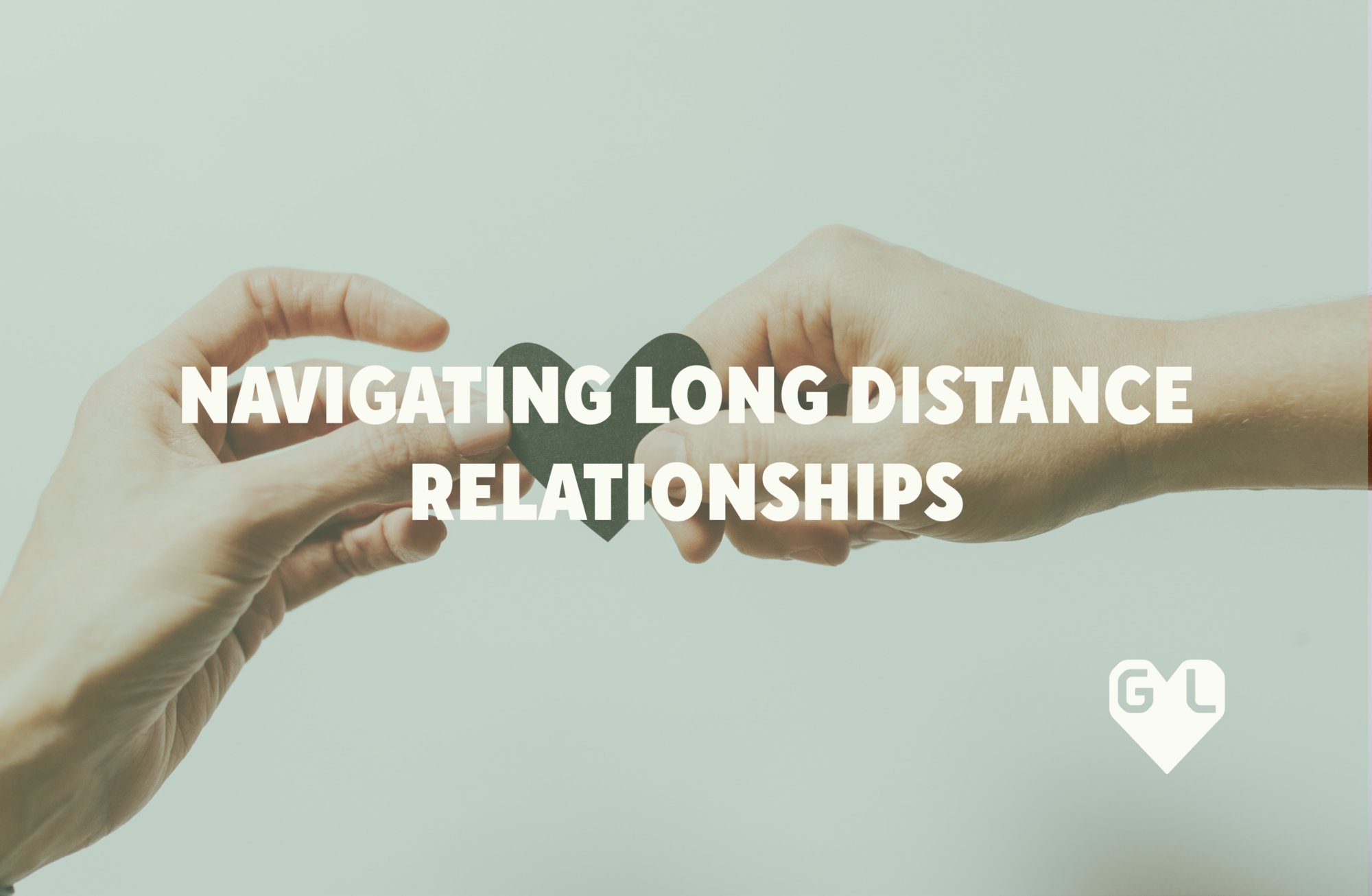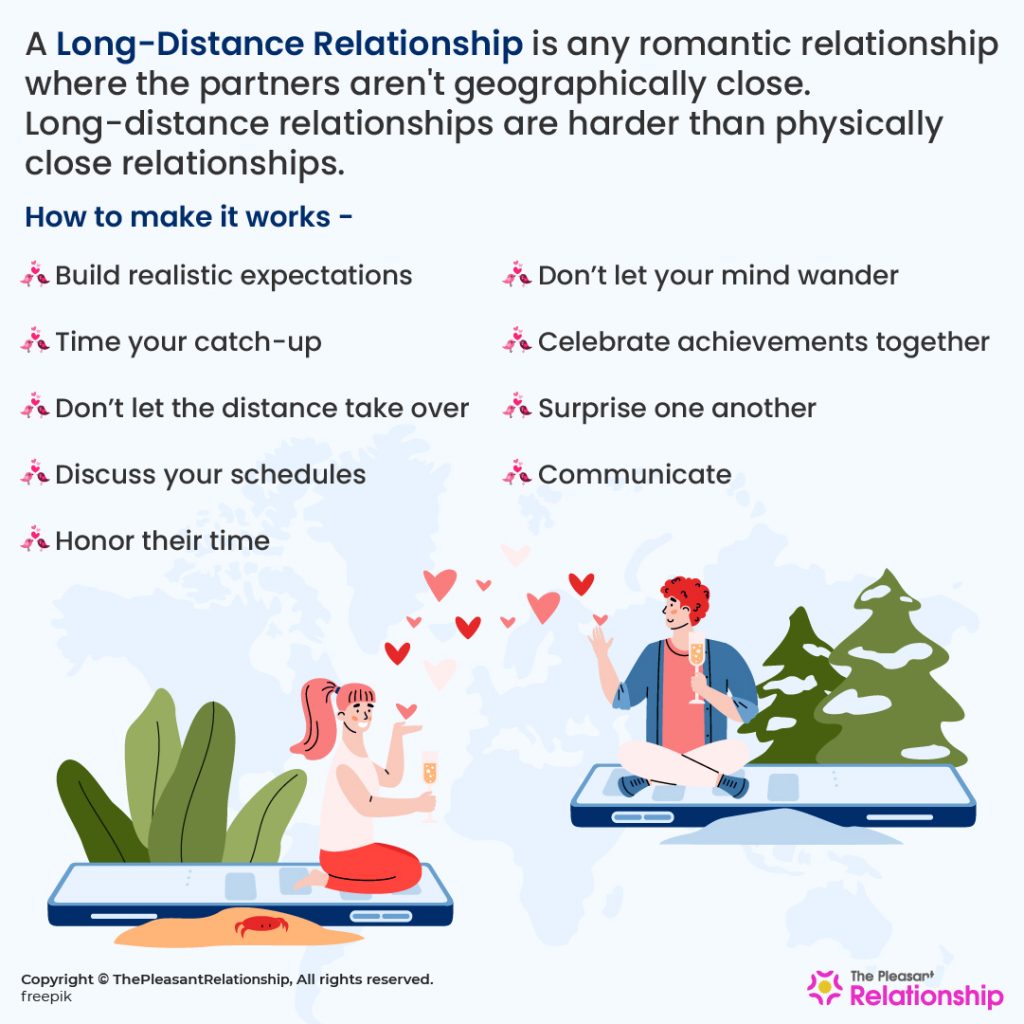Navigating the Terrain of Long-Distance Relationships: A Comprehensive Guide
Related Articles: Navigating the Terrain of Long-Distance Relationships: A Comprehensive Guide
Introduction
With great pleasure, we will explore the intriguing topic related to Navigating the Terrain of Long-Distance Relationships: A Comprehensive Guide. Let’s weave interesting information and offer fresh perspectives to the readers.
Table of Content
Navigating the Terrain of Long-Distance Relationships: A Comprehensive Guide
Long-distance relationships (LDRs) present unique challenges and rewards. While the physical separation can be daunting, the emotional connection and shared journey can foster profound growth and understanding. This comprehensive guide explores the nuances of LDRs, providing insights into their complexities, benefits, and strategies for successful navigation.
Understanding the Landscape of Long-Distance Relationships
Long-distance relationships are characterized by geographical distance, often spanning cities, states, or even countries. This physical separation necessitates reliance on technology for communication and connection, shaping the dynamics of the relationship.
The Challenges of Distance
Navigating an LDR requires overcoming various obstacles:
- Limited Physical Intimacy: The lack of regular physical touch and shared experiences can impact intimacy and emotional connection.
- Communication Barriers: Time zone differences, language barriers, and differing communication styles can create misunderstandings and communication gaps.
- Increased Reliance on Technology: Constant communication through digital platforms can lead to screen fatigue and a disconnect from genuine human interaction.
- Social Isolation: Limited opportunities for shared social experiences can contribute to feelings of loneliness and isolation.
- Financial Strain: Travel expenses for visits and maintaining communication can be financially taxing.
- Uncertainty and Trust Issues: The distance can fuel insecurities and doubts, leading to trust issues and anxieties.
The Benefits of Long-Distance Relationships
Despite the challenges, LDRs offer unique advantages:
- Enhanced Communication Skills: The need for effective communication fosters stronger verbal and written communication skills, leading to deeper understanding and connection.
- Independent Growth: The physical separation encourages personal growth, self-discovery, and the development of individual interests and passions.
- Strengthened Appreciation: The absence of constant physical presence can lead to a heightened appreciation for the time spent together, making moments of connection more meaningful.
- Increased Trust and Commitment: The commitment to maintain a relationship despite distance demonstrates a strong foundation of trust and dedication.
- Expanded Horizons: LDRs often expose individuals to new cultures, experiences, and perspectives, broadening their worldviews.
Navigating the Terrain: Strategies for Success
While navigating an LDR requires effort and commitment, several strategies can help strengthen the relationship:
- Open and Honest Communication: Regularly discussing feelings, concerns, and expectations is crucial for maintaining trust and understanding.
- Regular Communication: Consistent communication, even brief interactions, helps maintain connection and strengthens the bond.
- Creative Ways to Stay Connected: Explore innovative ways to engage with each other beyond digital platforms, such as sending handwritten letters, care packages, or virtual date nights.
- Planning Visits: Regular visits, even if brief, are essential for maintaining physical intimacy and shared experiences.
- Shared Activities and Interests: Engage in activities that can be enjoyed remotely, such as watching movies together, playing online games, or participating in virtual book clubs.
- Respecting Boundaries: Recognize the importance of individual time and space, allowing both partners to pursue their own interests and maintain a healthy balance.
- Building a Strong Foundation: Fostering trust, open communication, and shared values are crucial for building a strong foundation that can withstand the challenges of distance.
Frequently Asked Questions (FAQs)
Q: How do I know if a long-distance relationship is right for me?
A: Consider your personal needs and preferences. If you crave constant physical presence and intimacy, a long-distance relationship may not be suitable. However, if you value communication, independence, and the opportunity to grow individually, an LDR might be a viable option.
Q: How can I maintain intimacy in a long-distance relationship?
A: While physical intimacy is limited, emotional intimacy can be fostered through open communication, sharing experiences, and expressing affection through words, gestures, and thoughtful gifts. Explore creative ways to stay connected, such as virtual date nights, sending personalized messages, or sharing intimate photos and videos.
Q: How often should we visit each other?
A: The frequency of visits depends on individual circumstances, such as distance, financial resources, and personal preferences. Ideally, visits should be planned regularly, even if they are short, to maintain physical connection and shared experiences.
Q: How do I deal with jealousy and insecurity in a long-distance relationship?
A: Openly address concerns with your partner, focusing on communication and reassurance. Trust is essential, and addressing insecurities through dialogue can strengthen the bond.
Q: How do I know if my long-distance relationship is working?
A: Assess the relationship’s progress based on communication, connection, trust, and shared goals. If you feel a sense of emotional intimacy, mutual support, and a shared vision for the future, the relationship is likely thriving.
Tips for Navigating a Long-Distance Relationship
- Embrace technology: Utilize video calls, messaging apps, and online games to stay connected and foster intimacy.
- Schedule regular communication: Set aside dedicated time for conversations, even if it’s just a quick check-in.
- Celebrate milestones and special occasions: Mark birthdays, anniversaries, and other important events with virtual celebrations or thoughtful gifts.
- Plan future visits and activities: Having something to look forward to can help maintain excitement and motivation.
- Seek support from friends and family: Share your experiences and seek advice from those who understand the challenges of LDRs.
Conclusion
Navigating a long-distance relationship requires commitment, communication, and a willingness to adapt. While challenges exist, the rewards of shared growth, strengthened communication, and unwavering commitment can make the journey worthwhile. By understanding the complexities, embracing the benefits, and implementing strategies for success, couples can navigate the terrain of distance and forge a lasting and meaningful connection.








Closure
Thus, we hope this article has provided valuable insights into Navigating the Terrain of Long-Distance Relationships: A Comprehensive Guide. We appreciate your attention to our article. See you in our next article!